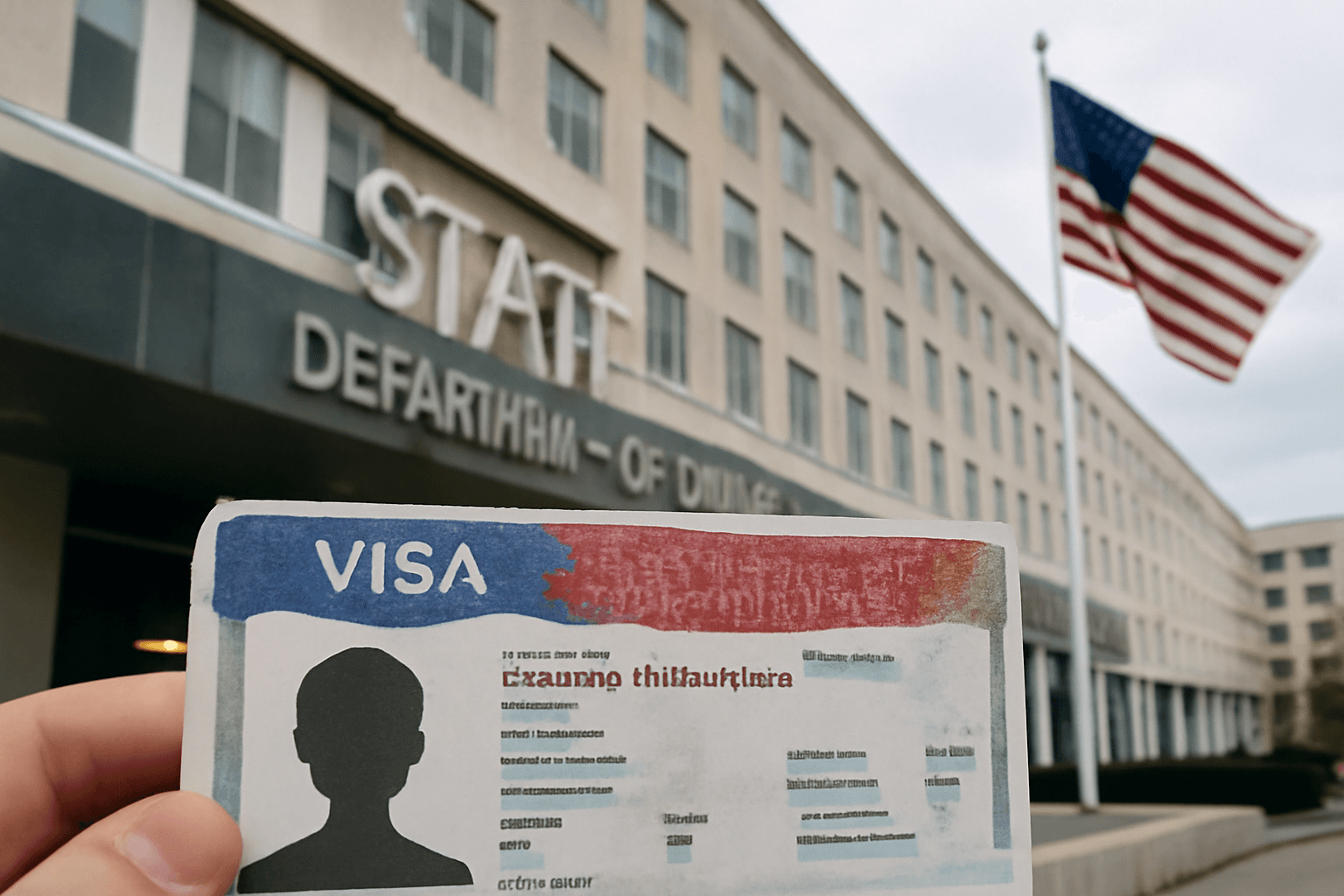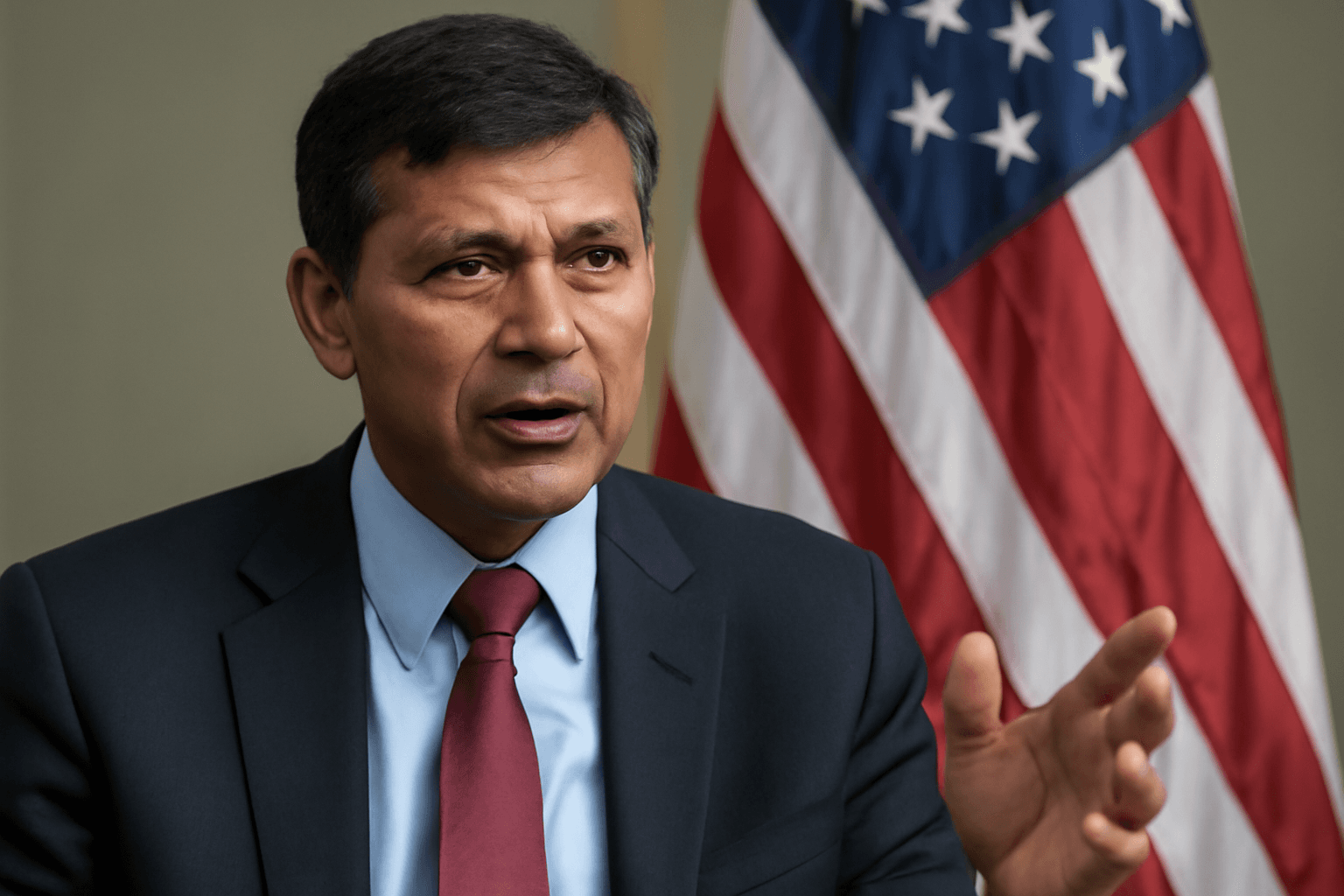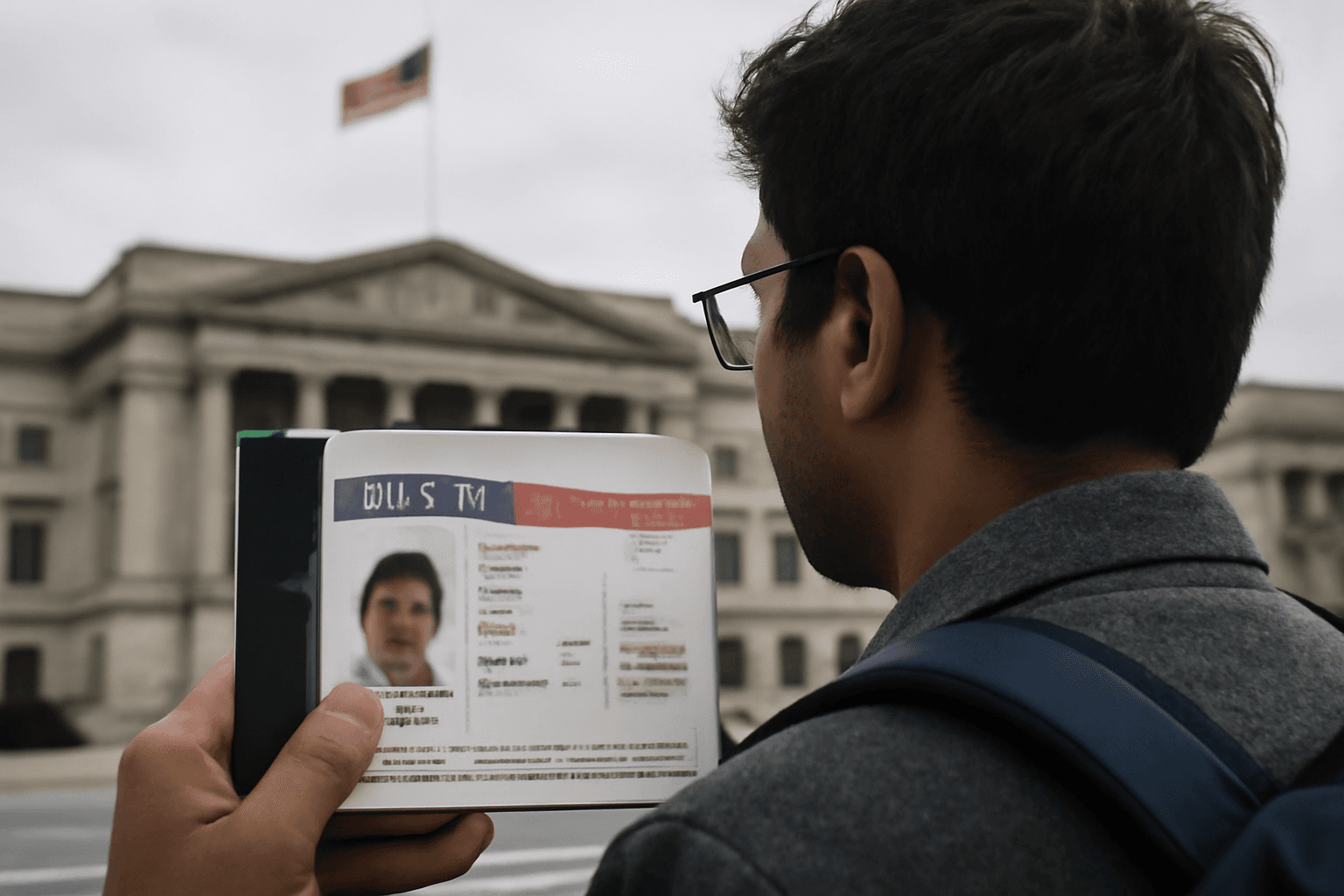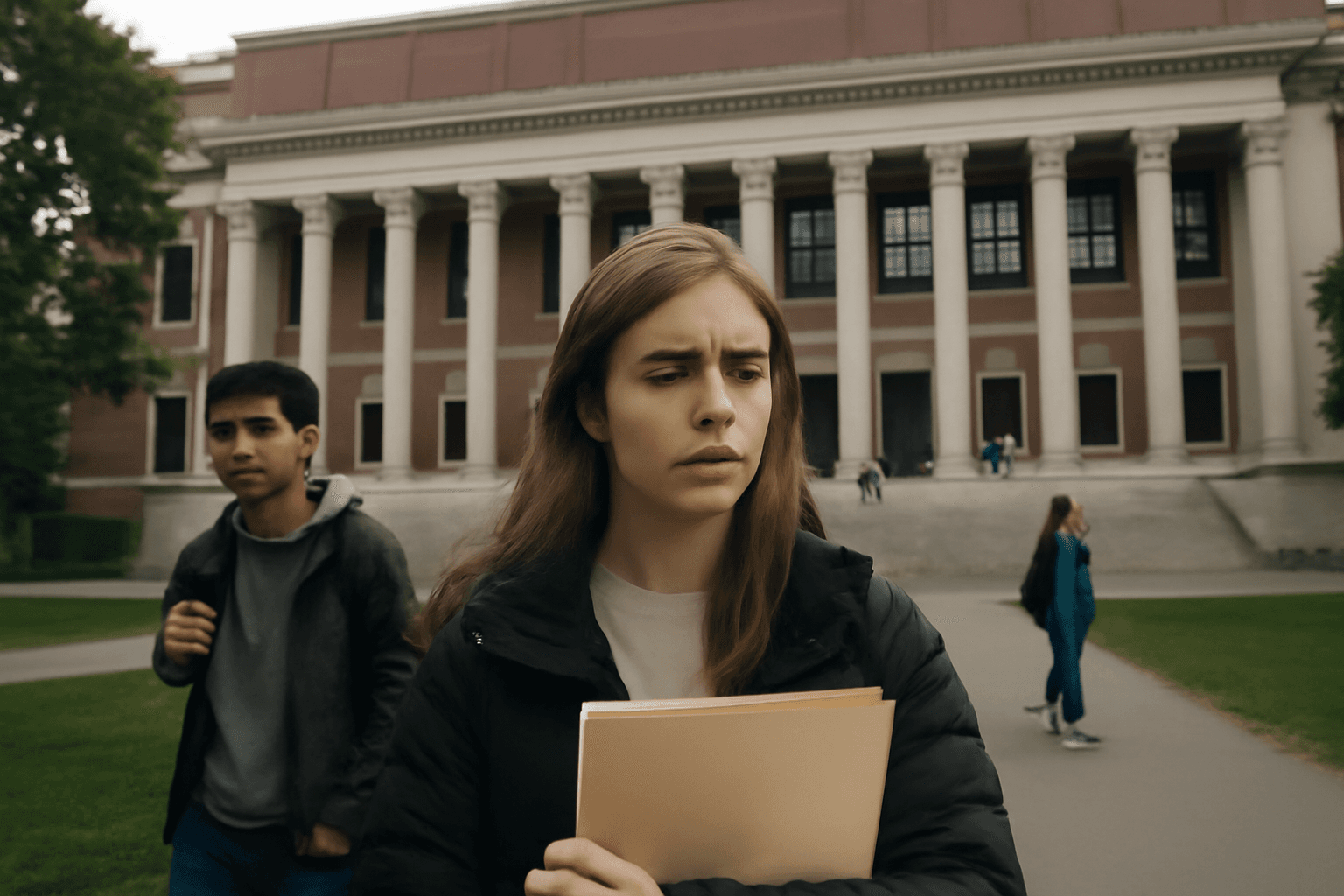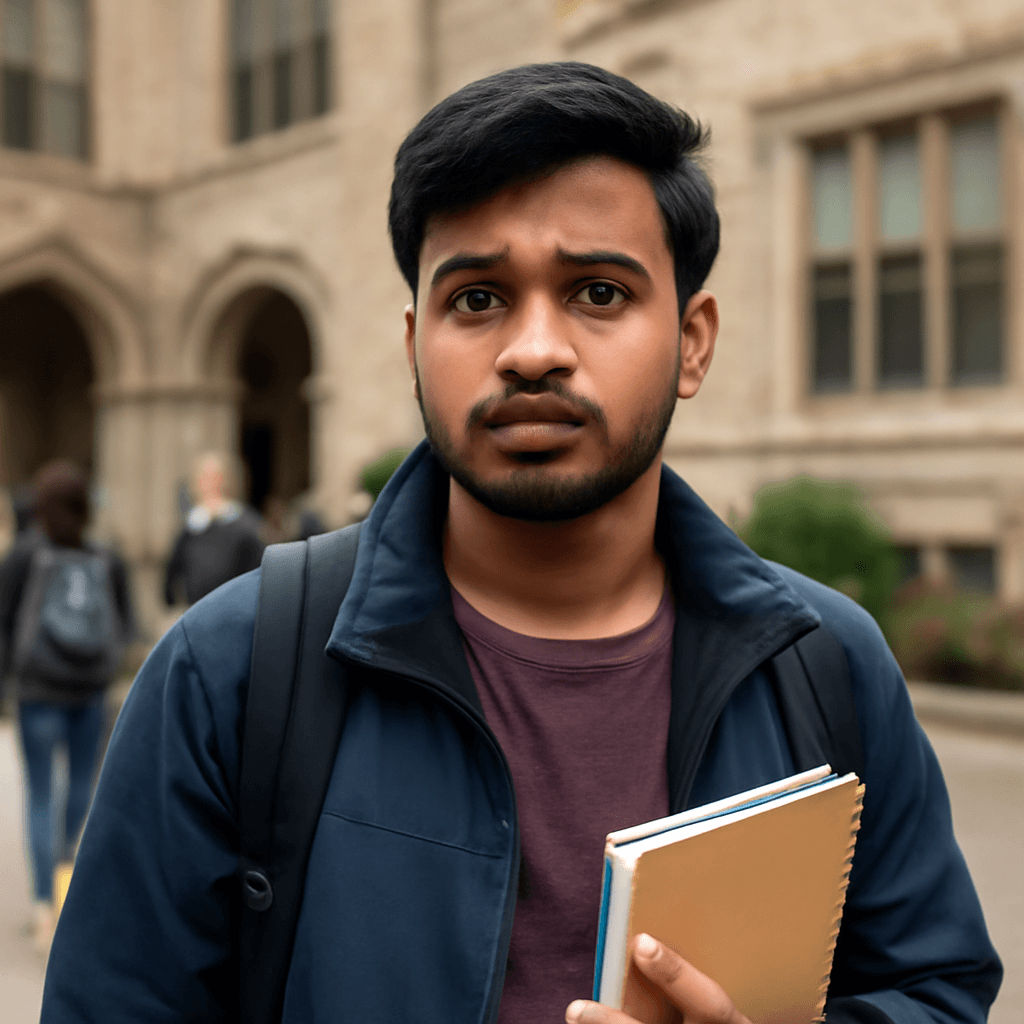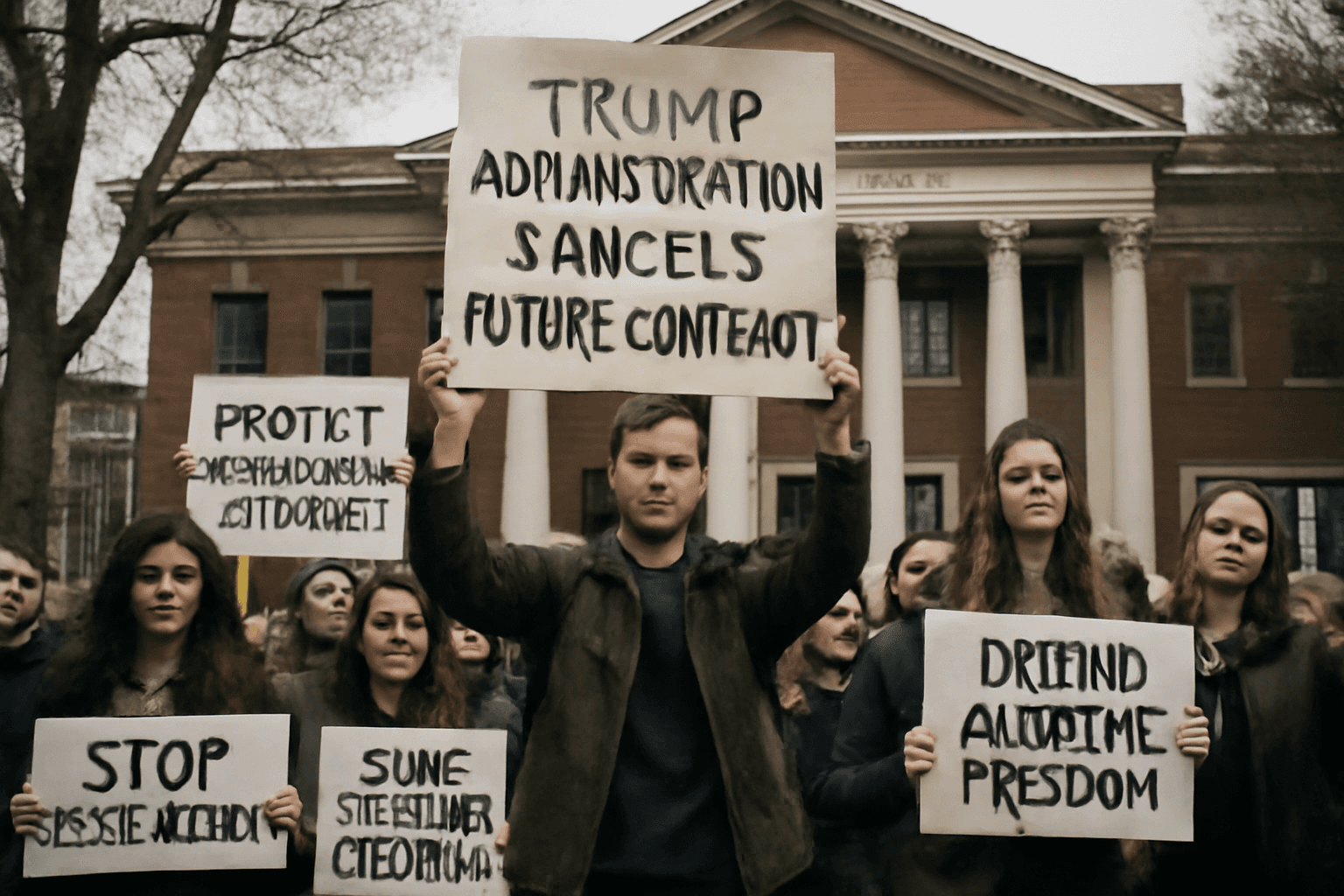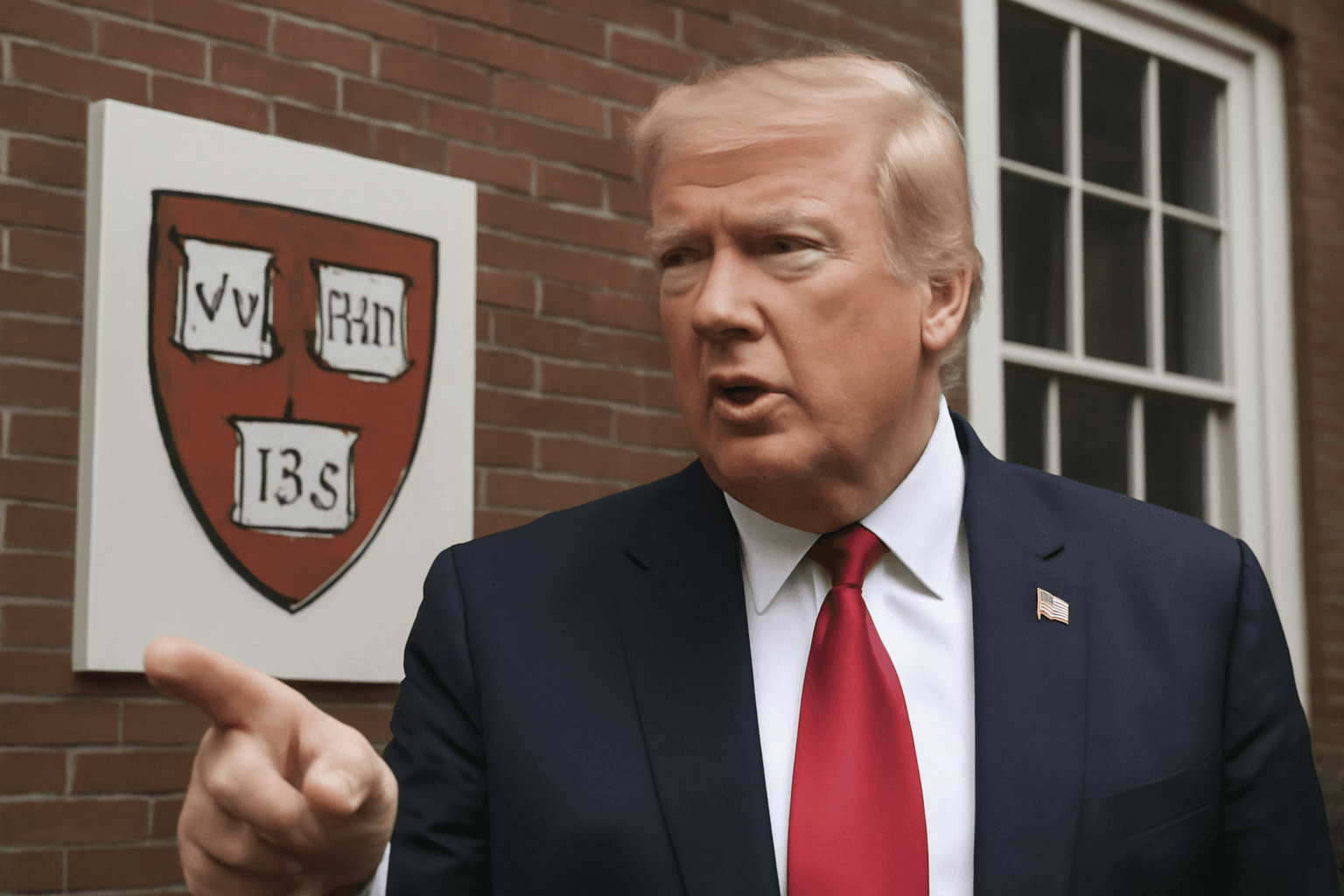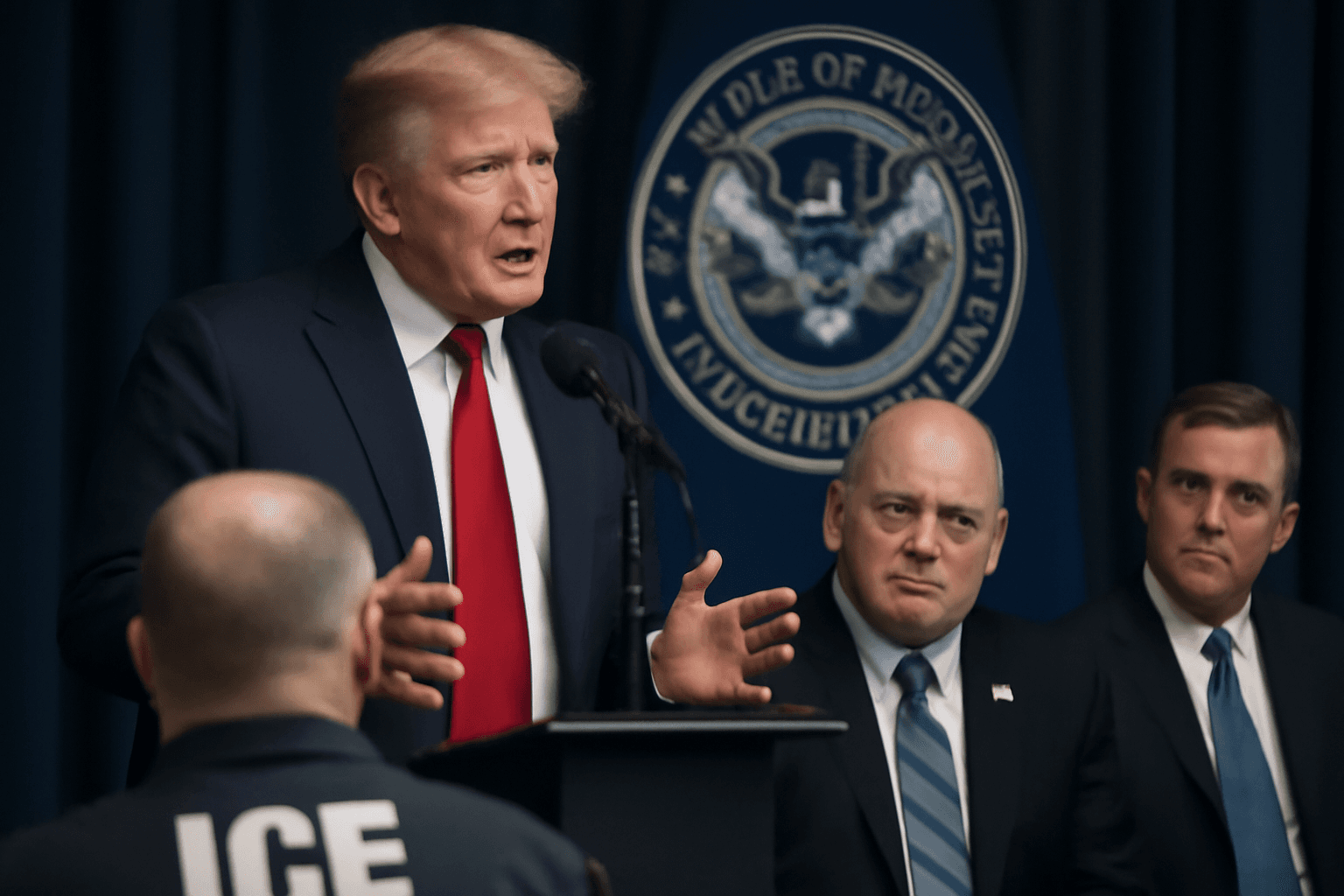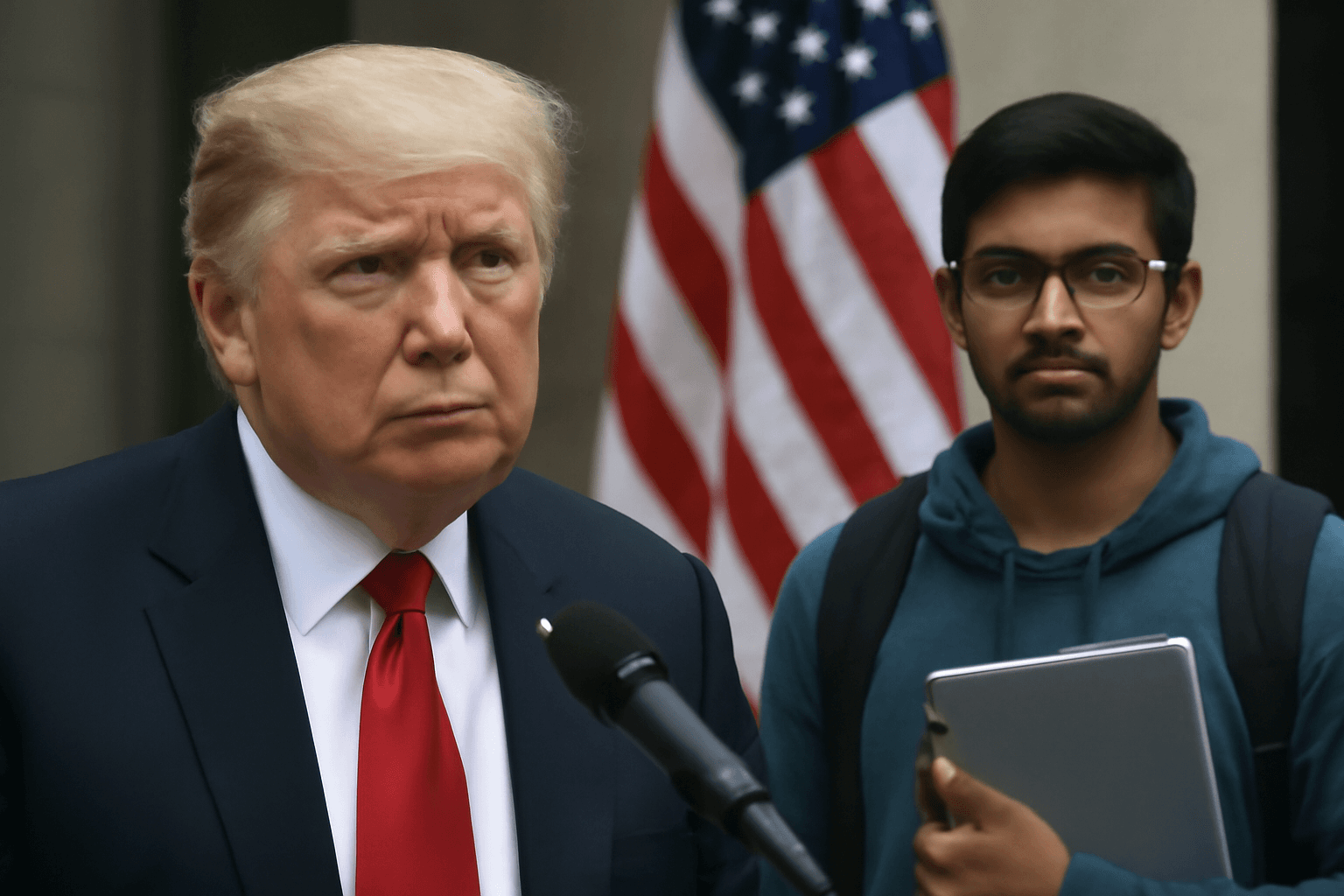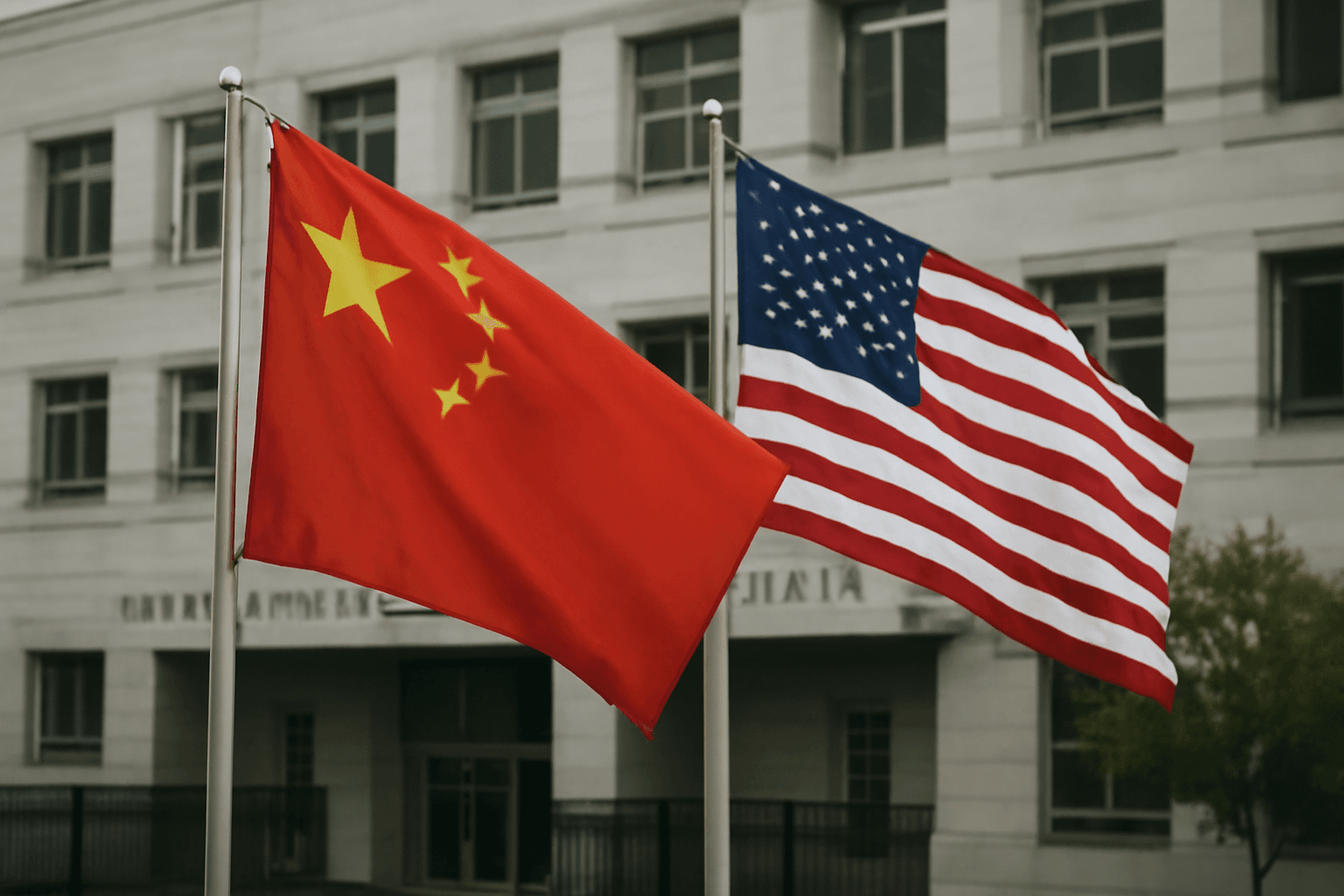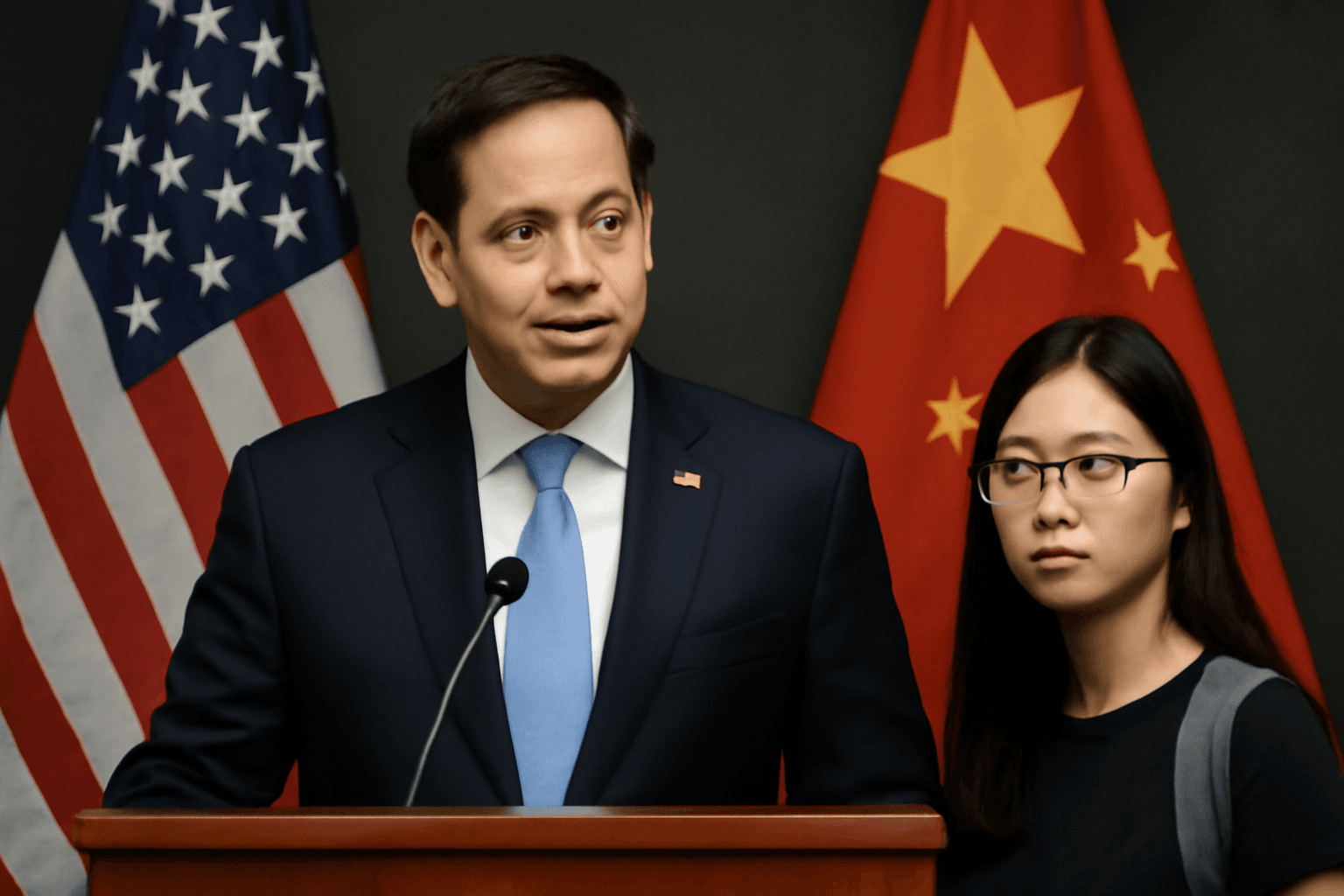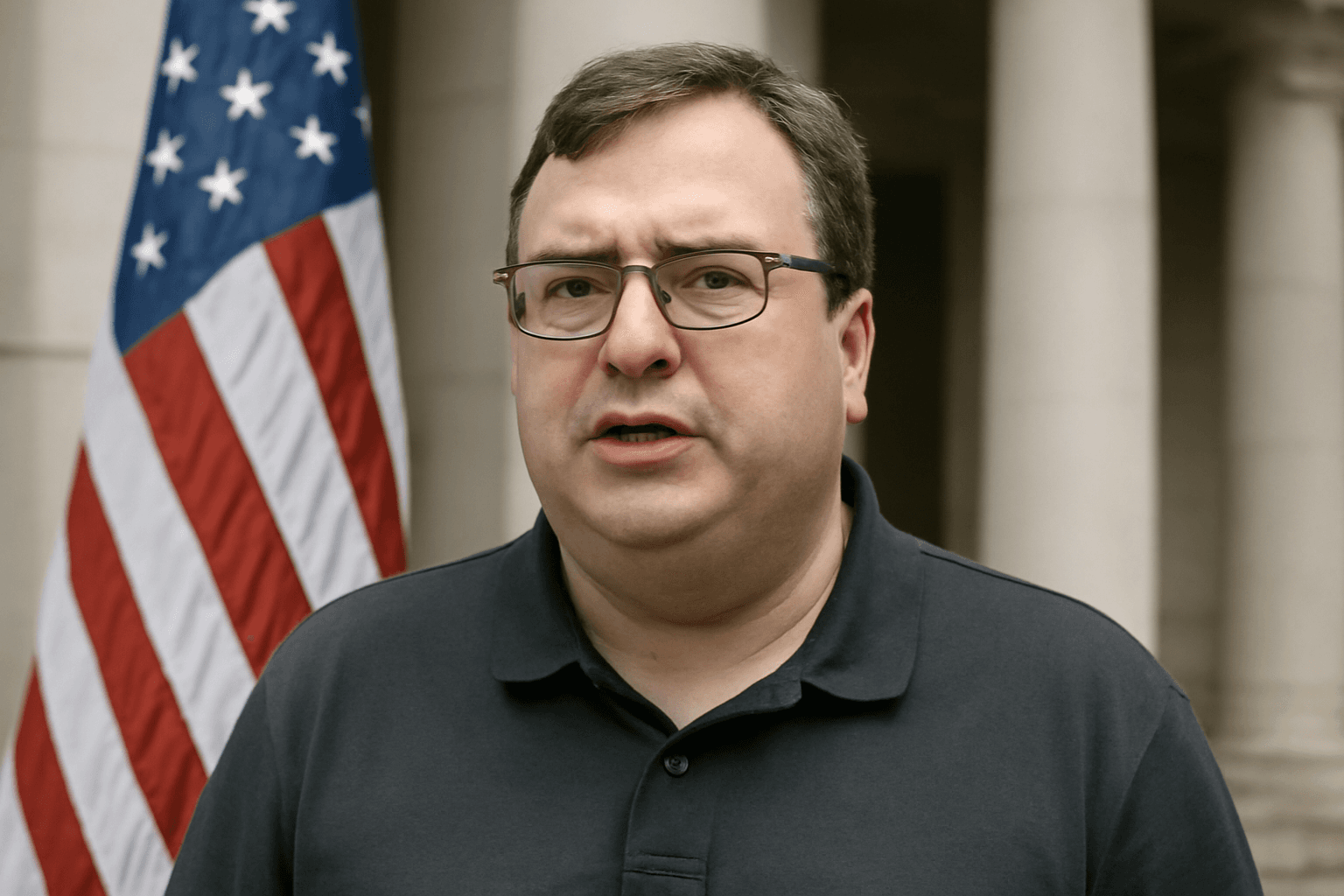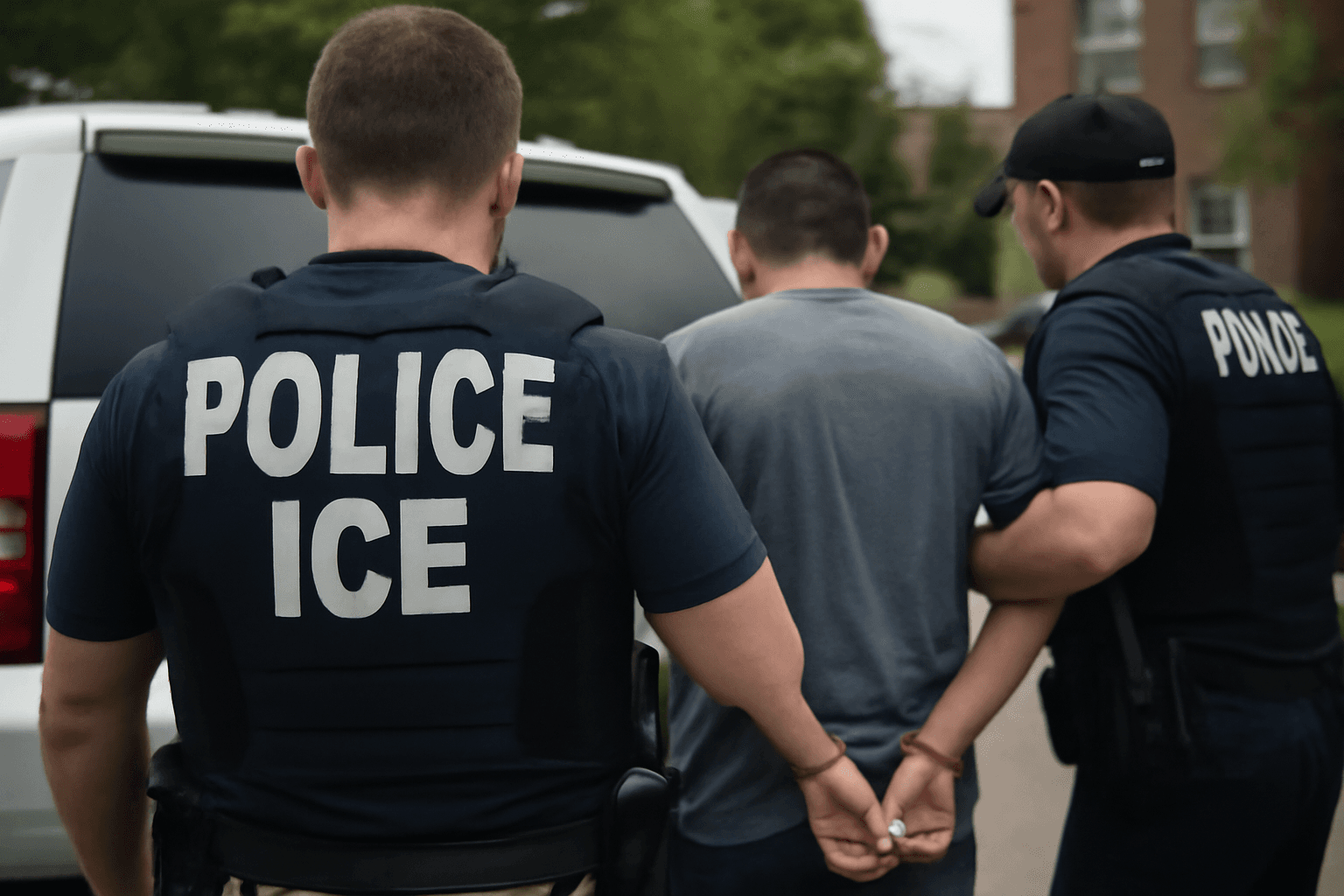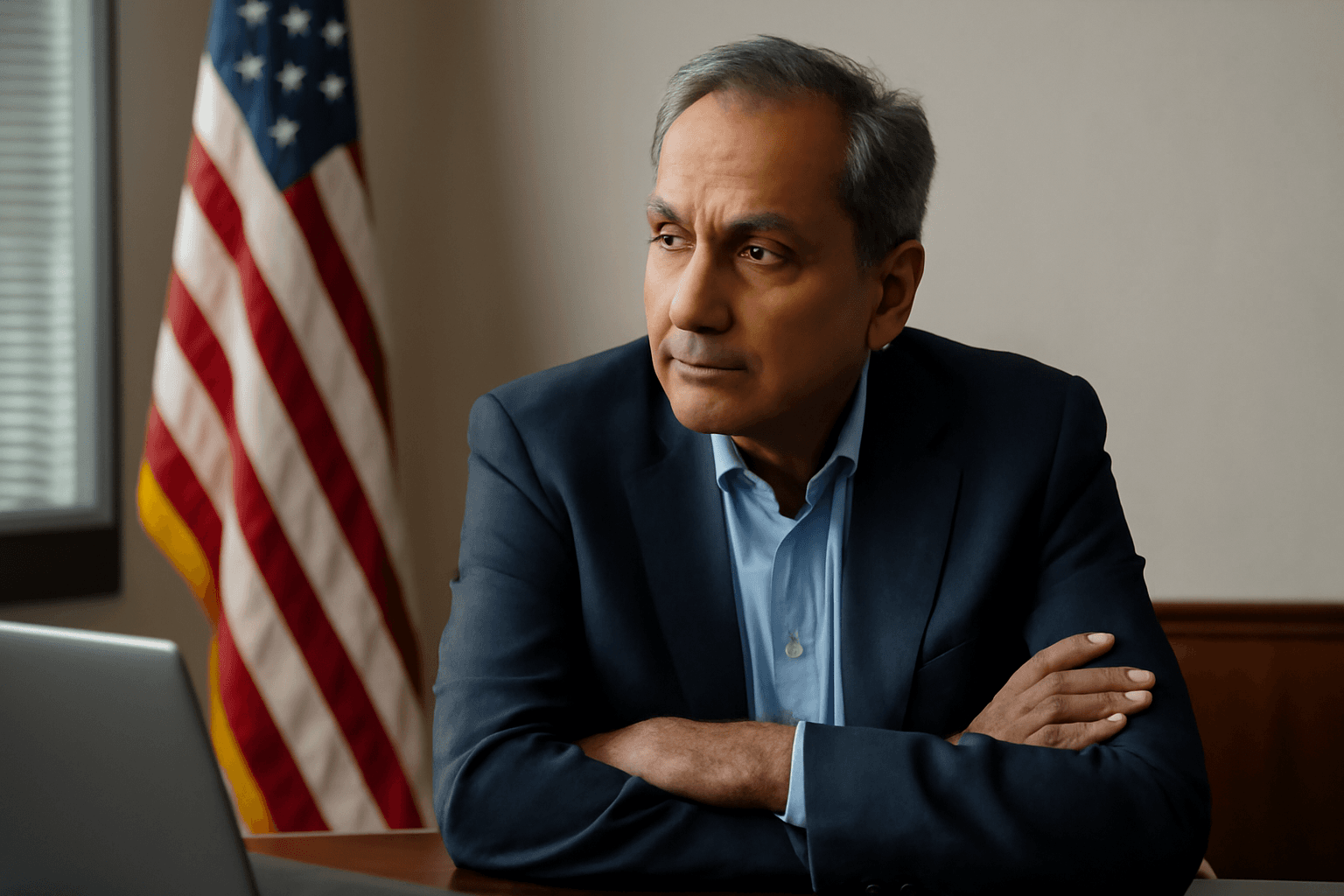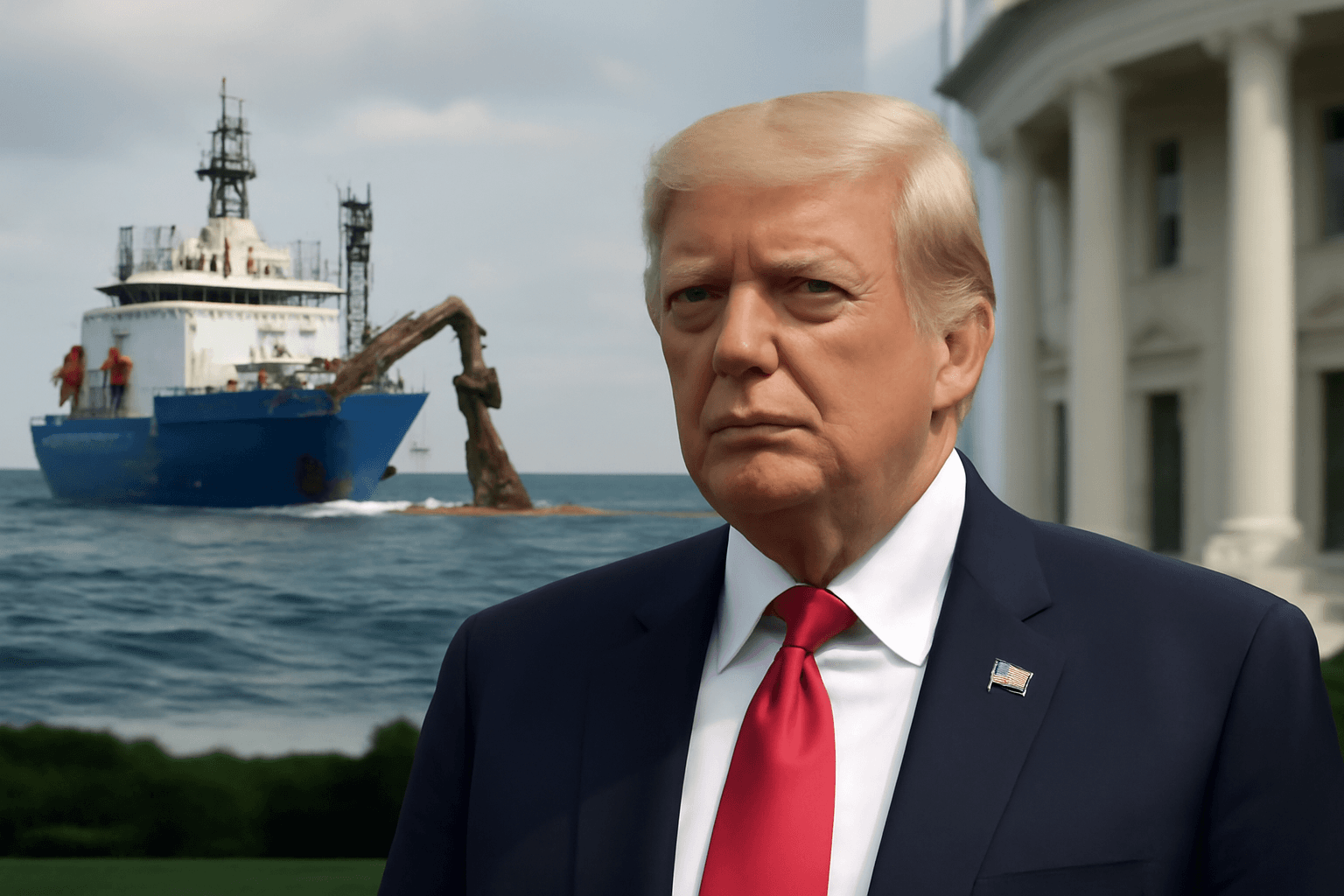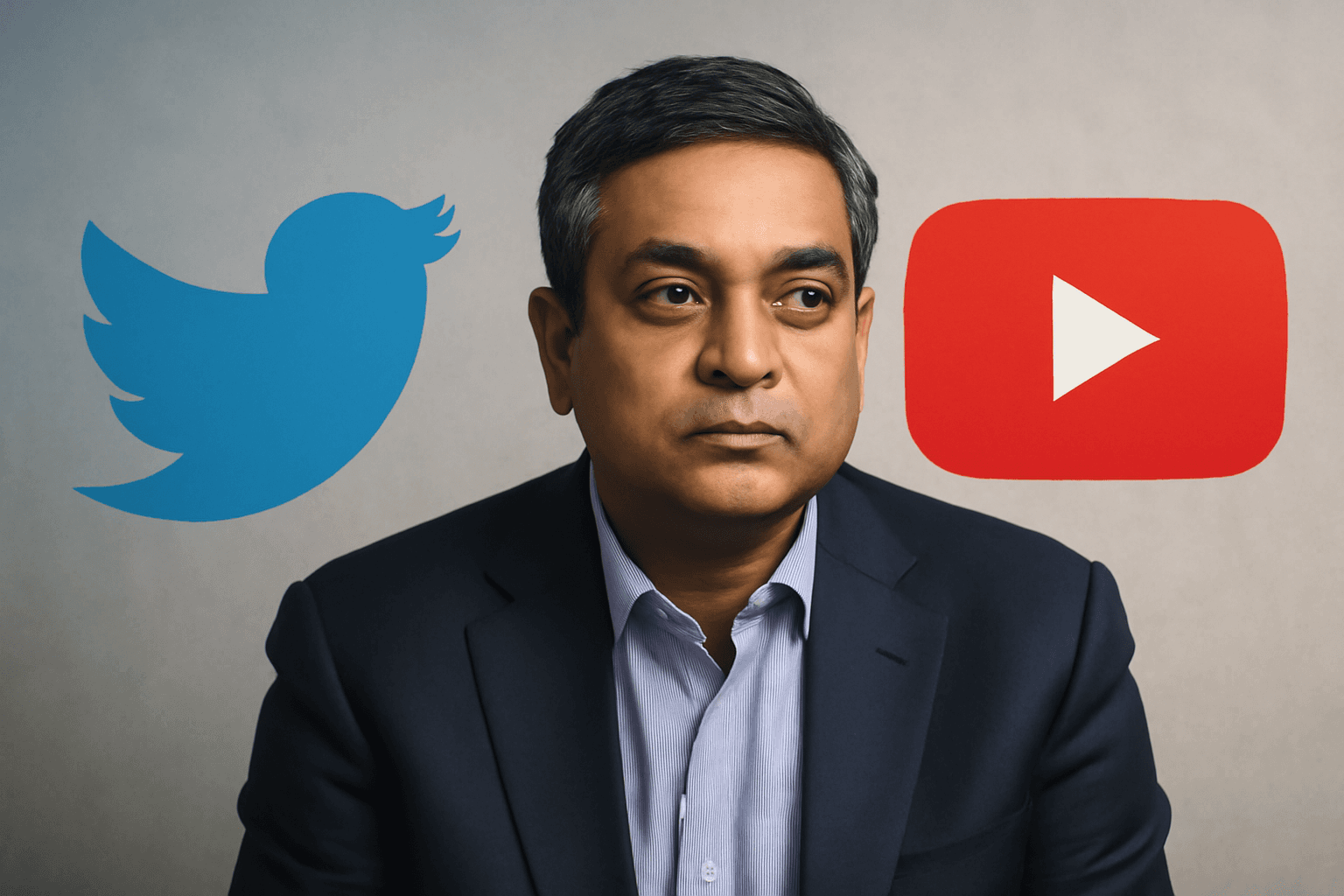Washington, D.C. — The U.S. government has announced stricter regulations concerning international student visas amid heightened visa vetting processes initiated by the Trump administration. These new measures could lead to deportation for foreign students involved in certain activities.
According to the U.S. State Department, embassies have temporarily halted scheduling new student visa appointments while implementing enhanced social media monitoring of applicants. State Department spokesperson Tammy Bruce emphasized that the administration will rigorously evaluate all visa applicants, including students and tourists, to ensure national security and compliance with U.S. law.
"We will continue to use every tool we can to assess who it is that’s coming here, whether they are students or otherwise," Bruce stated, adding that the vetting process aims to identify individuals who pose no criminal threats and will contribute positively during their stay.
Key Visa Rules International Students Must Follow
The new visa policy enforces strict adherence to academic and legal requirements. Notable rules include:
- Mandatory class attendance: Visa holders must not skip classes or drop out of their academic programs, or they risk visa revocation.
- Visa duration compliance: Students must not overstay their visa validity period.
- Employment restrictions: Engaging in unauthorized work activities is prohibited.
- Social media conduct: Posting content perceived as a national security threat on platforms like Instagram, X (formerly Twitter), or TikTok can jeopardize visa status.
Earlier this year, the administration rescinded the legal status of thousands of international students due to minor infractions such as traffic violations or alcohol-related offenses. Following successful legal challenges by affected students, many had their statuses restored. However, the government has nonetheless expanded the criteria under which student visa status may be terminated going forward.
These policies reflect an intensified focus on border and internal security and a reevaluation of visa issuance and maintenance standards for foreign nationals studying in the United States.

